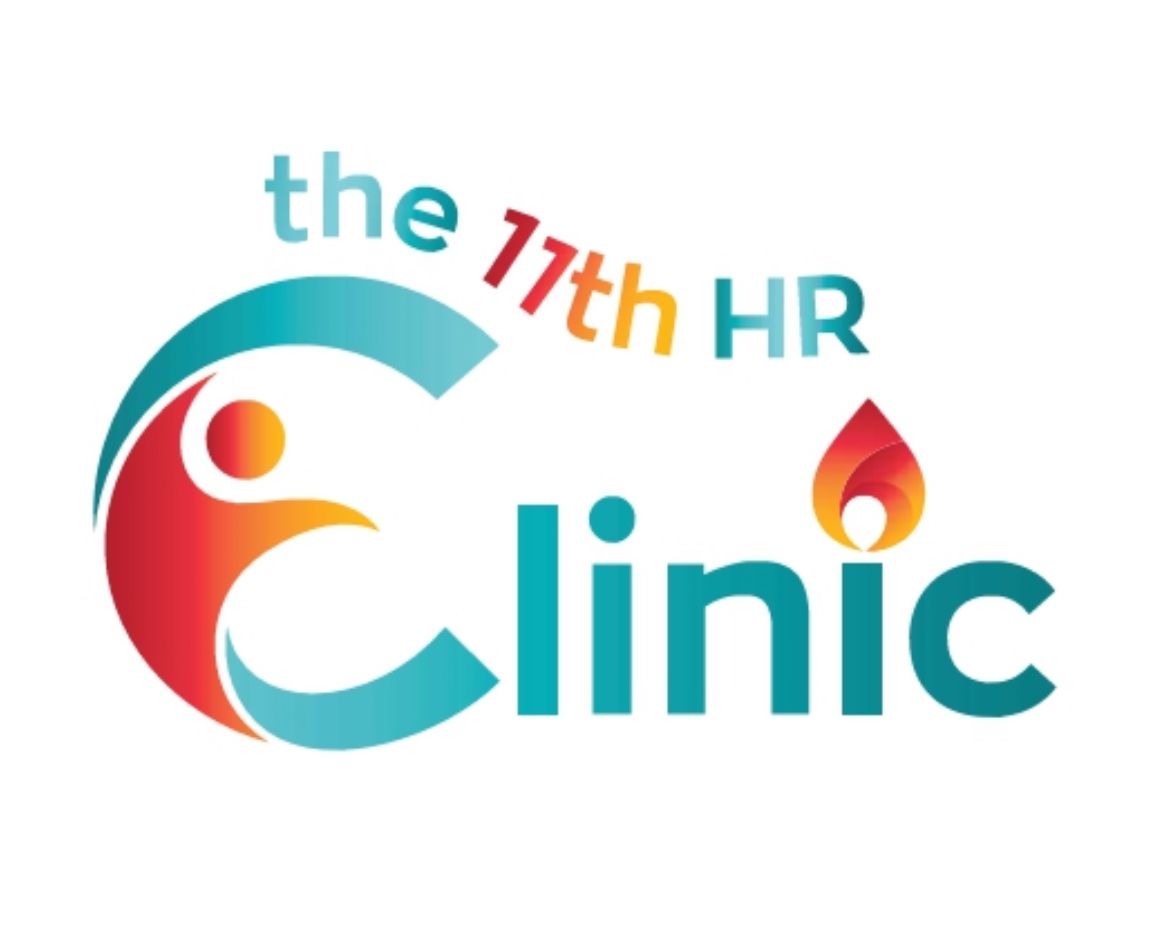Support for Psychological Injury & Return to Work
Psychological injuries, also known as mental injuries, can significantly impact how a person feels, thinks, and interacts with others, both in and outside the workplace. If you're struggling with emotional or mental challenges related to your job, you're not alone and support is available.
What is a Psychological Injury?
A psychological injury refers to a range of cognitive, emotional, or behavioural symptoms that interfere with daily life and work. Common conditions include:
- Depression
- Anxiety
- Post-Traumatic Stress Disorder (PTSD)
While job stress is a common experience, it's not the same as a psychological injury. However, it can be a contributing factor if the causes of job stress are not addressed.
Recognising the Early Signs
Early warning signs may include:
- Frequent or unplanned absences
- Withdrawing from colleagues or tasks
- Sudden changes in work performance
Identifying and addressing these signs early, before symptoms escalate, can prevent more serious mental health concerns.
Early Intervention Makes a Difference
If you’re noticing changes in your mental wellbeing, early support is key. You don’t have to wait until a formal workers compensation claim is lodged to seek help.
We recommend:
- Accessing Employee Assistance Program (EAP) services
- Speaking with your GP for assessment and guidance
- Taking appropriate time off if your symptoms are impacting your daily functioning
Our team offers confidential psychological assessments, diagnosis, treatment, and return to work planning.
Return to Work Support
Getting back to work after a psychological injury requires care and coordination. We work collaboratively with:
- Employers
- Insurers
- Rehabilitation coordinators and providers
- Medical professionals
Our goal is to ensure a safe, timely, and sustainable return to work that respects your recovery journey and rights under workers’ compensation legislation.
Key elements of a successful return to work include:
- Early intervention
- Addressing workplace stressors
- Clear and personalised return-to-work plans
- Supportive communication between all parties
We're Here to Help
If you want professional, compassionate care, you can connect with us in the following ways:
- Call our head office on 07 3303 0364 to speak with a member of our team
- Submit an online enquiry and we’ll get back to you via phone or email
- Email us at hello@11thHRclinic.com.au with your request and we’ll get back to you
- Make an appointment online via our Book Online page and navigate to the location that suits you
If you're a GP or support provider, you can send referrals directly to us:
Our services are available in usual business hours. For 24/7 Crisis Support you can reach out to support services such as the
Suicide Call Back Service on 1300 659 467
if you or someone you know is feeling suicidal or Lifeline on 13 11 14 for general crisis counselling. If you contact us outside of usual business hours we will endeavour to get back to you as soon as possible within our working hours.

